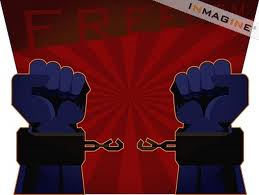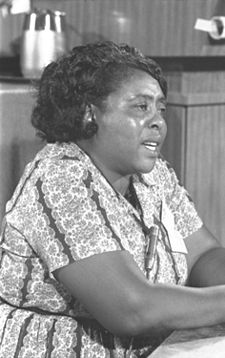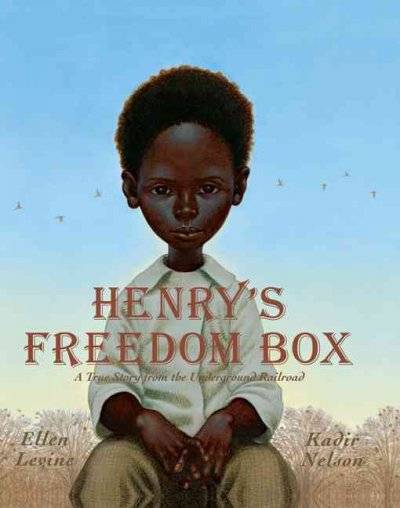Flynn left the kids and me, just for a week but I got a GLIMPSE of single motherhood. I say a GLIMPSE because I knew, Lord willing, my husband would return after a ministry conference and be there again to partner with me in parenting. Also, my time with my sons was them being with me; I didn’t have to work outside the home like most single mothers do. It was only my job temporarily to physically provide for my children’s wants and needs and I did so with God’s grace. We had a great time at the drive-in movie theater, watching our city’s fireworks display, running around the playground, going to the library and having dinner with family friends. On a few outings I was alone with them. On two others I was with my single-for-the-week sister and her children and my-single-for-the-week friend and her daughter (Both their husbands were out of town, too). We have always respected single mothers, but our GLIMPSE into that sisterhood helped us appreciate them more AND cherish the freedom that can come with being married to men who take their fatherhood as seriously as we take our motherhood. Though we are bound by marriage (1 Corinthians 7:33, 39) our fatherhood-engaged husbands allow us to disengage from motherhood from time to time. For this reason, I encouraged Flynn to go away and basked in his return.
My dynamic with Flynn got me thinking about the freedom we have in healthy life partnerships—those we have in marriage, in friendship and with biological and spiritual families. Do we take these for granted or do we avoid them, knowing someone’s freedom in the partnership may at times mean for us a burden, one that we are unwilling to carry? As we celebrate our country’s freedom to self-govern, I want us to honor the freedom that healthy partnerships bring to our lives, those God-ordained relationships that the Bible speaks so clearly of. We must help one another, seek to refresh others so that we, too, might be refreshed (Proverbs 11:25). This is a path to our freedom that followers of Christ must lovingly take to benefit us all. Let us seek and celebrate the freedoms we have in Christ (John 8:32, 36; Romans 6:18-23, 8; Galatians 4-5:1, 16).
My One Thousand Gifts List
#121-130
Milk to nurse Justus
The children loving love
Flynn initiating prayer with the family before he and Joshua left for the day (and though they were running late)
God showing me that I’m not satisfied satisfying Him
Supplies for Joshua’s Black History Month project
Working with Joshua on his Black History Month project
Joshua wanting me to sleep with and Nate
Joshua not wanting me to leave his room
Impressing me to apologize to Joshua for hurting his feelings
Floyd taking Joshua to his piano lesson




